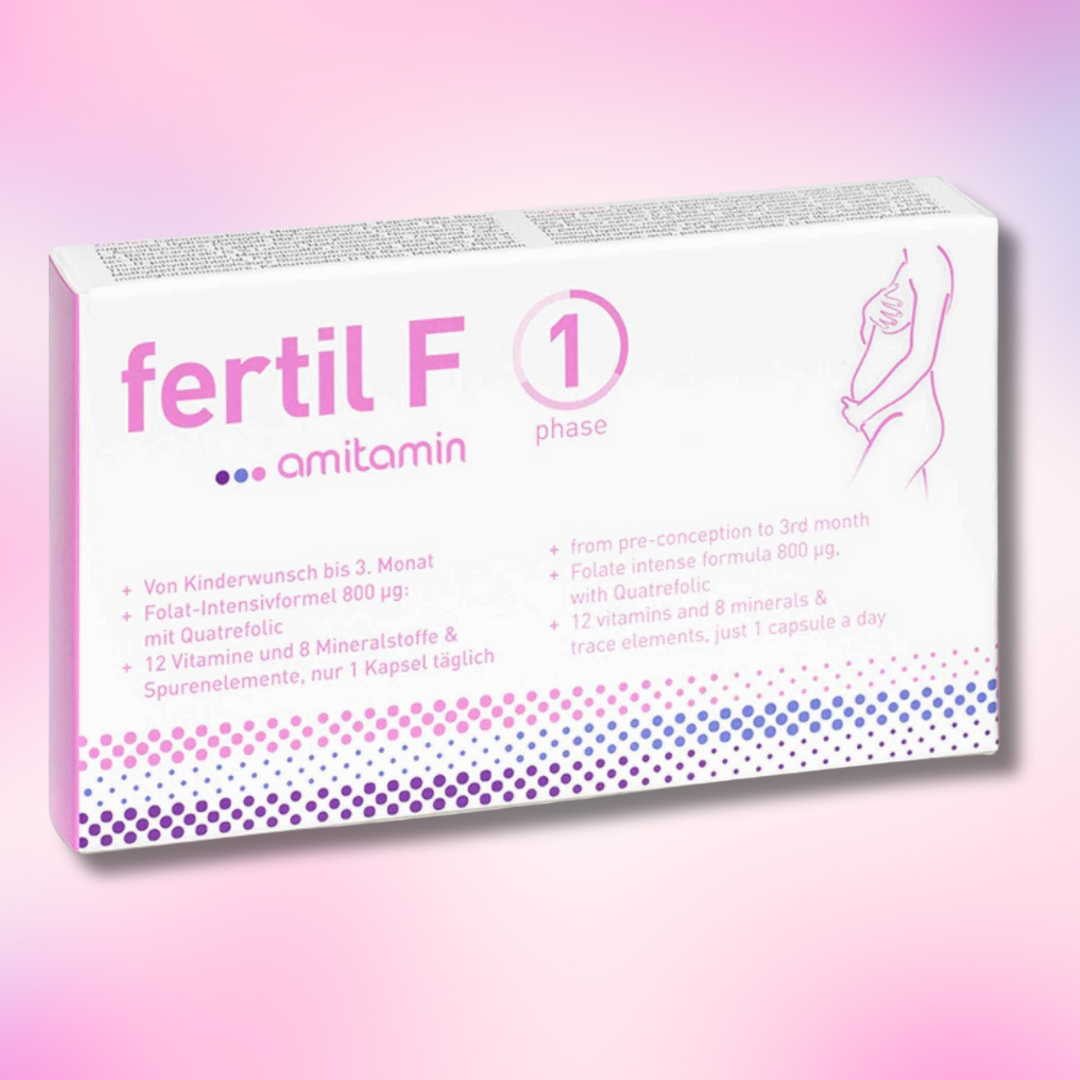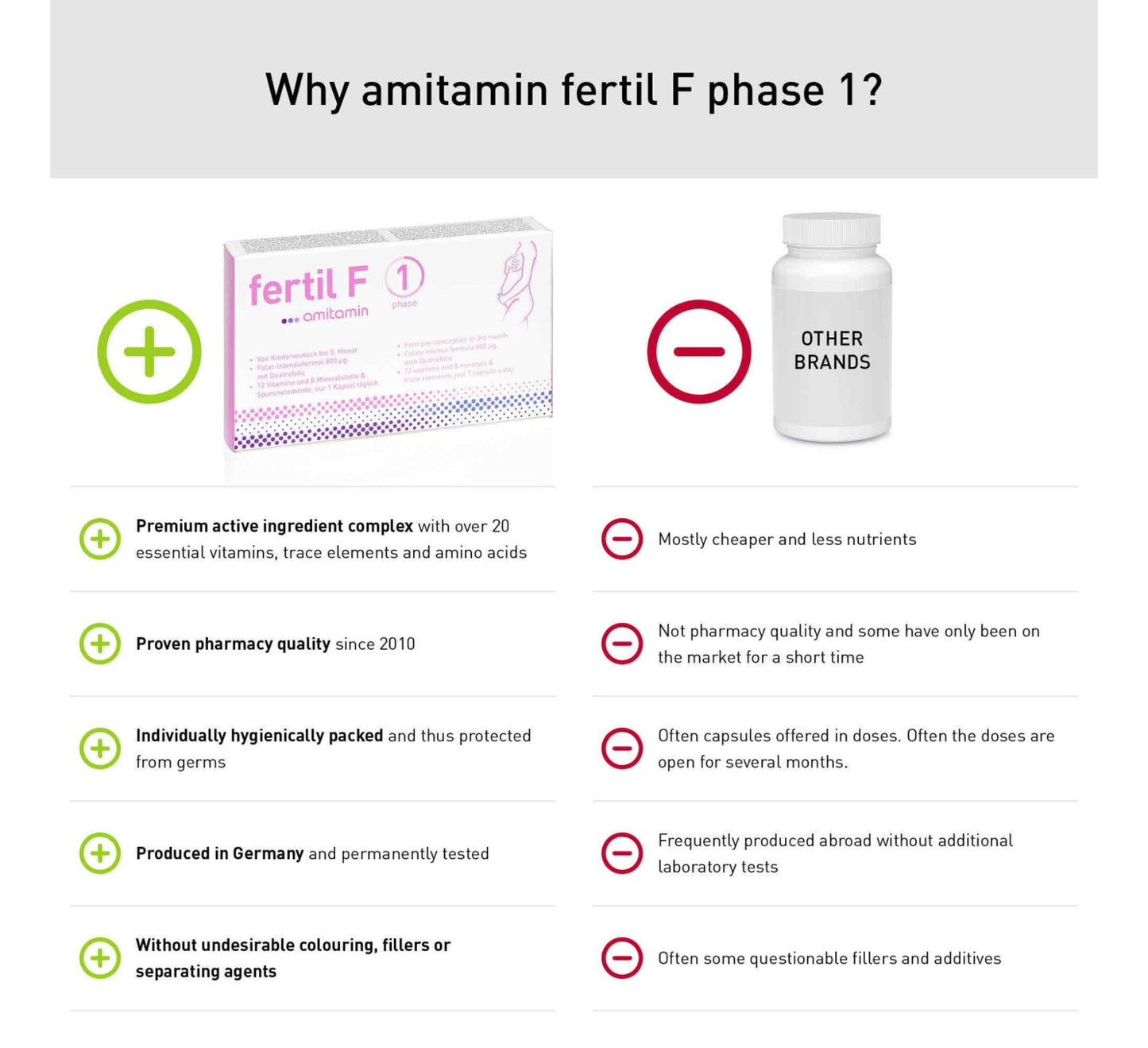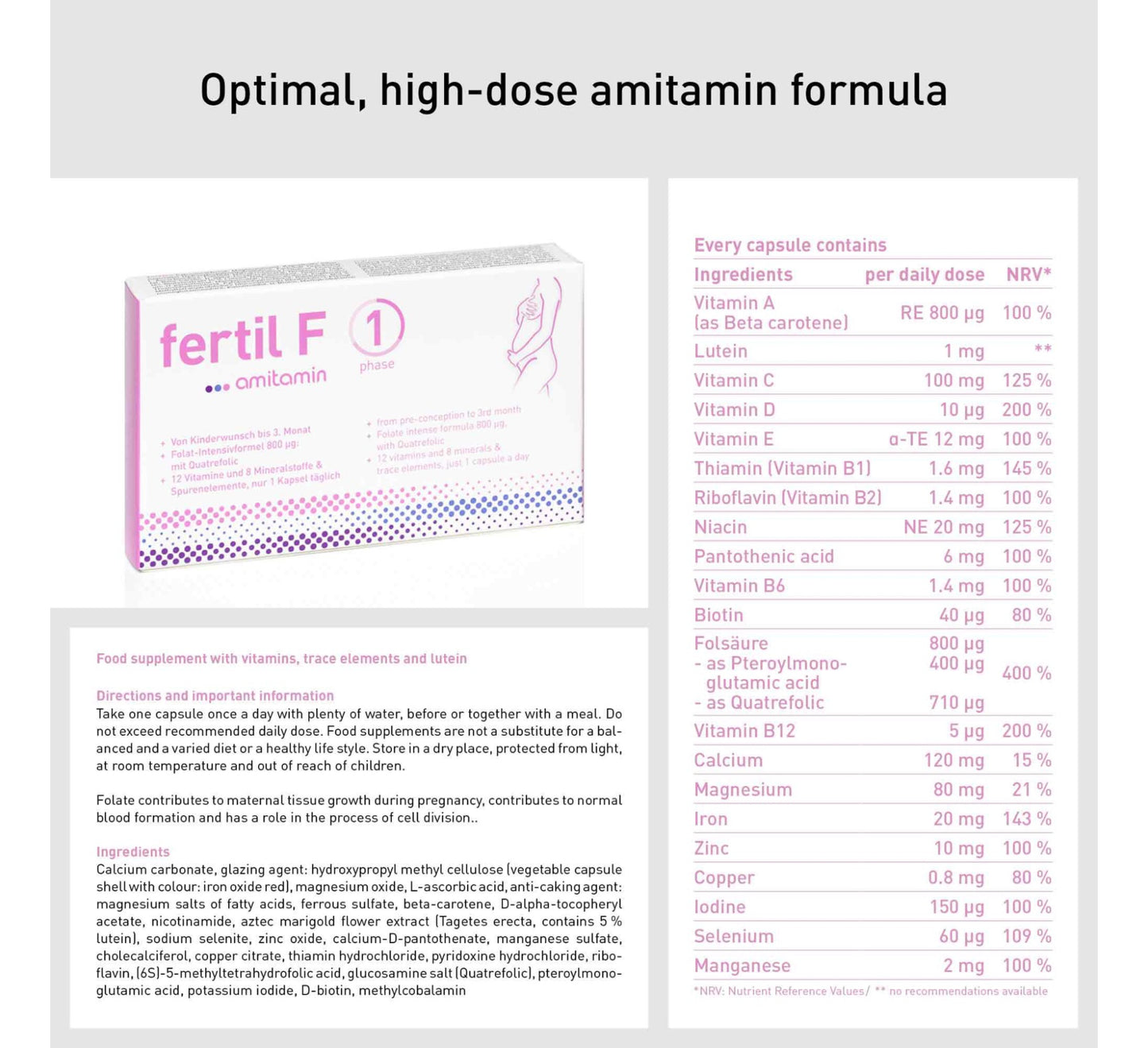August 11, 2024 | Nutrition
The Role of Nutrition in Fertility: What to Eat When Trying to Conceive

While many focus on timing and lifestyle when starting their conception journey, one critical aspect that plays a significant role in fertility is nutrition. The food you consume can have a profound impact on your reproductive health, and making informed dietary choices can improve your chances of conceiving.
The Importance of a Balanced Diet
A well-rounded, nutrient-rich diet forms the foundation of fertility health. By ensuring that your body receives the necessary vitamins and minerals, you can support both your overall health and your reproductive system. Whole foods—those that are unprocessed or minimally processed—should be the cornerstone of your diet. Think vibrant fruits, leafy greens, lean proteins, whole grains, and healthy fats. These foods are packed with the nutrients your body needs to function optimally, including maintaining a regular menstrual cycle, healthy ovulation, and a balanced hormone profile.
Certain nutrients play a pivotal role in enhancing fertility. Here’s a closer look at some of the most important ones:
-
Folic Acid (Vitamin B9) Folic acid is crucial not just during pregnancy but also when trying to conceive. It aids in the production of DNA and RNA, supports healthy cell division, and is essential for preventing neural tube defects in early pregnancy. Dark leafy greens, legumes, and fortified cereals are excellent sources of folic acid.
-
Iron: Iron deficiency is one of the most common nutritional deficiencies worldwide and can affect ovulation. Adequate iron levels support the production of hemoglobin, which is essential for carrying oxygen to all the cells in your body, including the ovaries. Good sources of iron include lean meats, beans, lentils, and spinach.
-
Omega-3 Fatty Acids: These essential fats, found in fatty fish like salmon, walnuts, and flaxseeds, are crucial for hormone regulation and egg quality. Omega-3s also support the development of the baby’s brain and eyes once conception occurs.
-
Antioxidants: Vitamins like C and E, along with other antioxidants found in fruits and vegetables, protect the reproductive system from oxidative stress, which can damage eggs and sperm. Berries, citrus fruits, nuts, and seeds are packed with these powerful compounds.
-
Zinc: This mineral is vital for hormone balance and plays a key role in the production of healthy eggs and sperm. Zinc-rich foods include oysters, pumpkin seeds, and beans.
Foods to Include in a Fertility Diet
Incorporating fertility-boosting foods into your diet can help create a favorable environment for conception:
-
Leafy Greens: Spinach, kale, and other greens are rich in folic acid, iron, and antioxidants.
-
Berries: Blueberries, strawberries, and raspberries are loaded with antioxidants that protect cells from damage.
-
Nuts and Seeds: Almonds, sunflower seeds, and chia seeds provide healthy fats, protein, and essential minerals like zinc.
-
Whole Grains: Quinoa, brown rice, and oats offer fiber, B vitamins, and are low in glycemic index, which helps regulate blood sugar levels.
Foods to Avoid
While focusing on nutrient-dense foods, it's equally important to minimize or avoid foods that can negatively impact fertility:
-
Processed Foods: High in trans fats, sugars, and additives, processed foods can lead to insulin resistance and disrupt hormone balance, making it harder to conceive.
-
Excessive Caffeine: High caffeine intake has been linked to a reduced chance of conception. It's advisable to limit your caffeine consumption to one cup of coffee per day or switch to caffeine-free alternatives.
-
Alcohol: Excessive alcohol can affect hormone levels, ovulation, and sperm quality. If you're trying to conceive, it's best to limit or avoid alcohol altogether.
The Role of Supplements
Sometimes, even a well-planned diet might not provide all the nutrients needed for optimal fertility. In such cases, supplements can fill the gap. For instance, a prenatal vitamin with folic acid, DHA, and EPA (essential omega-3 fatty acids) is often recommended for women trying to conceive. However, before starting any supplement regimen, it's essential to consult with a healthcare provider to ensure that it’s appropriate for your individual needs.
On our TTC journey, I and my partner used Fertil F Phase 1 and highly recomment it for anyone currently trying to conceive. You can checkout this fertility supplement and purchase it here - https://hapuhelpers.co.nz/products/fertil-f-phase-1
Lifestyle Factors
Beyond diet, other lifestyle factors also play a crucial role in fertility. Regular physical activity, adequate sleep, and stress management are all important. Exercise helps regulate hormones and maintain a healthy weight, which is vital for fertility. Stress, on the other hand, can negatively impact ovulation and overall reproductive health, so finding ways to manage stress is essential—whether through yoga, meditation, or simply taking time for yourself.
Here's an indepth article on lifestyle factors for individuals/couples looking to conceive - Lifestyle choices for couples looking to conceive
The Bigger Picture
Nutrition is just one piece of the fertility puzzle. It works in tandem with other factors such as age, genetics, and overall health. By focusing on a balanced diet rich in essential nutrients, you can create a strong foundation for conception and pregnancy. Remember, every individual’s journey to conception is unique, and what works for one person might not work for another. It’s always best to work with a healthcare provider to tailor a fertility plan that suits your specific needs.
Conclusion
Would you like to explore more topics related to fertility or need personalized advice on your conception journey? Reach out to us at Hapū Helpers to Book a FREE 15 minute virtual consult today for support, guidance, and community.
Featured Supplement

Hapū Helpers
Amitamin Fertil F Phase 1 - Prenatal supplement








